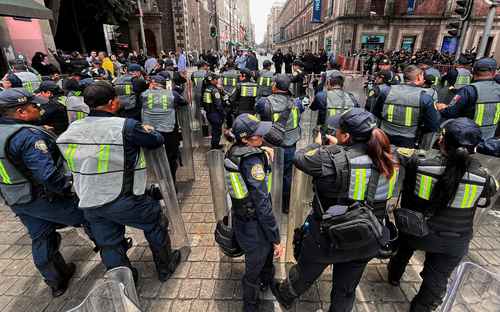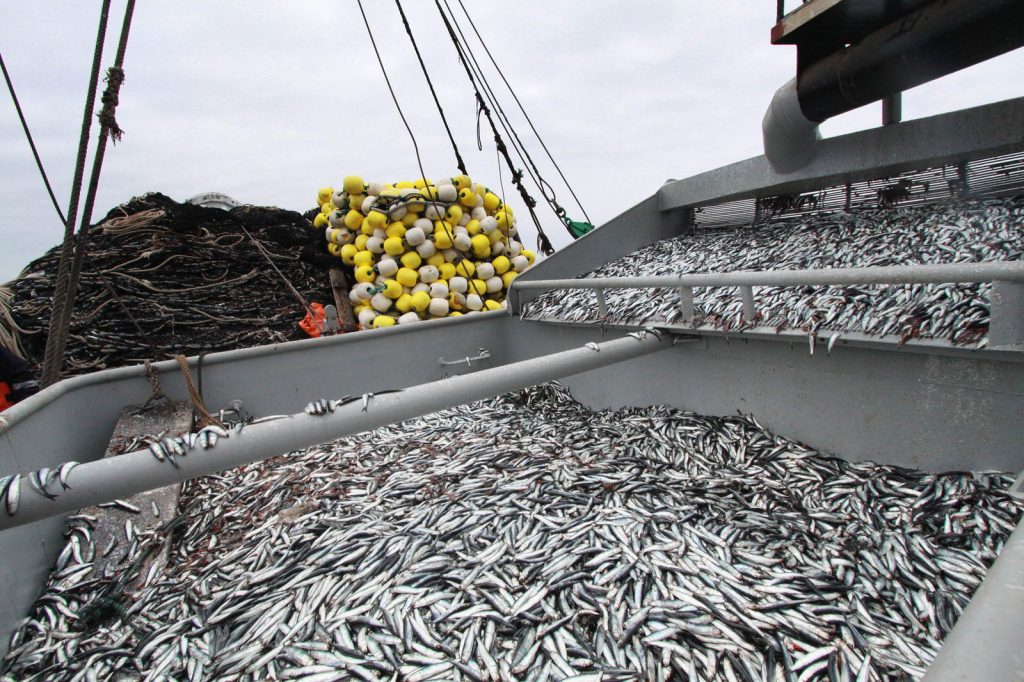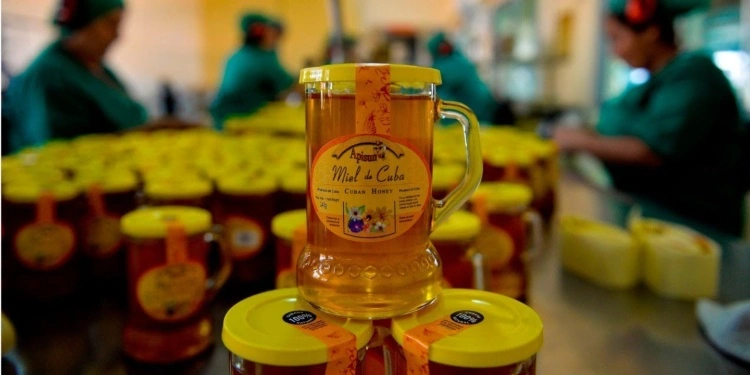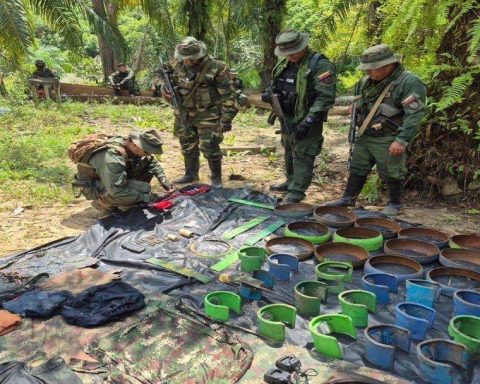Changes to the Judiciary include the disappearance of the specialized chamber of the TEPJF
▲ Elements of the capital’s SSC guard the entrances to the Senate headquarters in Xicoténcatl, due to protests by workers of the Judicial Branch.Photo Marco Peláez
Lilian Hernandez and Fabiola Martinez
The newspaper La Jornada
Friday, September 6, 2024, p. 8
The judicial reform approved by the Chamber of Deputies plans to eliminate the specialized regional chamber of the Electoral Tribunal of the Judicial Branch of the Federation (TEPJF).
The opinion submitted to the Senate indicates that the three magistrates that make up this chamber will not be renewed in the extraordinary election of 2025, since the law considers their extinction no later than September 1, 2025
.
The minutes submitted to the Senate last Wednesday define that this would be the only chamber that will cease to exist out of the seven that make up the TEPJF.
The rest of the chambers (Xalapa, Mexico City, Toluca, Guadalajara, Monterrey and the higher court, the latter being the highest electoral jurisdiction) will remain the same, with the difference that their judges will be elected by popular vote every eight years.
What the judicial reform does not detail is which chamber will determine the fines imposed by the specialized court, since currently it is the only one that decides the amounts of economic sanctions and thoroughly analyzes the special sanctioning procedures sent by the National Electoral Institute (INE) regarding complaints filed by political parties and actors about violations of the rules of political-electoral propaganda.
The presidential initiative document does not contain any section specifying whether there will be a similar body to take on the functions of the specialized body.
In addition, the opinion of the reform indicates that the magistrates of the upper chamber of the TEPJF who are in office when it comes into force They will not be eligible for a new term in the regular federal election to be held in 2027
.
According to TEPJF documents, this room was created as a result of the need to have an instance that would resolve promptly, completely, impartially and expeditiously
complaints from political parties related to messages derived from the political communication model and those that could be considered slanderous.
The above means that it resolves from sanctions to television stations for non-compliance to dirty war in campaigns, in addition to reviewing all the precautionary measures imposed by the INE, although all its resolutions can be challenged in the higher chamber, which has the final and unassailable decision.
The specialized chamber began its functions after being created with the electoral reform of 2014, which determined that the INE has to receive complaints, summon the parties, carry out proceedings –when required–, listen to the parties in a hearing, formulate conclusions and send the file to the jurisdictional authority. Meanwhile, the specialized chamber has to receive the file, evaluate the evidence, determine whether it requires further proceedings and resolve the complaints, as well as absolve or sanction.

















